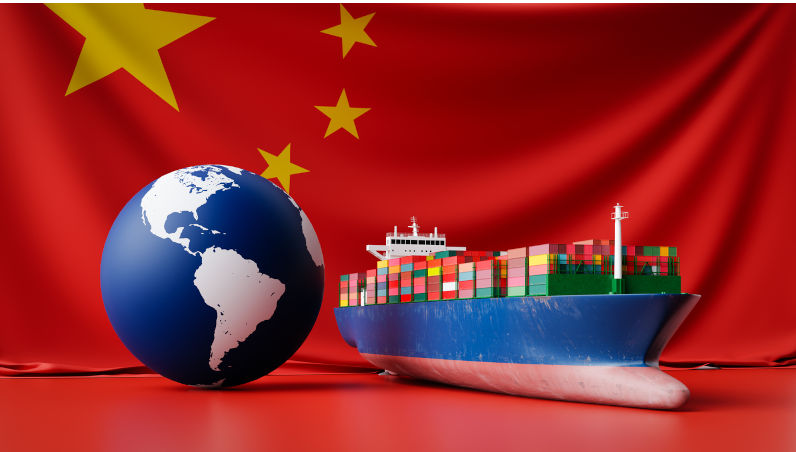Options for global trade
December 9, 2024
Australia and the United States believe China is hegemonic. China uses a different approach to international engagement, and that means Australia fails to understand China’s appeal to the region and the global south.
Increased tariffs on China and 100% tariffs on any country that backs any other currency to replace the US dollar. The Trump I, Biden and the incoming Trump II administration have all moved the needle of global trade discussion more decisively towards using trade as a tool of hegemonic control.
In contrast, China increasingly talks of promoting equal, orderly multi-polarisation and inclusive economic globalisation. To the discomfort of some participants, this belief underpinned President Xi’s discussions in Peru at the APEC meeting and later in Brazil at the G20 meeting.
The difference is between hegemonic approaches to trade relationships and what China prefers to call a ‘civilisational’ approach. These different world views determine how inclusive economic globalisation is promoted and sustained in an orderly way. It is the difference between open global trade and closed trade.
Hegemony rests on economic colonisation, exploitation and is supported by militarism. Civilisational solutions rest on cooperation and emulation.
In ancient Europe, the Greek and Roman empires were admired for their civilisation achievements, and European countries sought to emulate these achievements. A so-called education in the classics remained the highpoint of English success until the beginning of the 20th century.
The states surrounding China, the kingdoms of modern day Asia and Japan all aspired to emulate the sophistication and culture of China. The evidence of Chinese influence dates back centuries and it continues in many aspects of modern society in these countries.
Although some in the West like to pretend that China’s influence in the region is something new and somehow coercive, the reality is that for centuries the region has sought to emulate China.
Australia fails to understand that now the Global South sees China as a model of economic development that stands in contrast to the hegemonic exploitative relationships that have limited growth and entrenched poverty. Countries whose economies have been repressed and distorted under the exploitative hegemonic model of development aspire to emulate the success China has demonstrated in eliminating poverty. This success stands in contrast to the growth of poverty in modern America, Europe and the United Kingdom.
The strength of a civilisation lies in its tolerance of cultural diversity. Hegemony rests on a single imposed ideological model, irrespective of cultural diversity. The European hegemonic approach delivered a constant battle for racial and regional superiority and dominance.
Following China’s admission to the World Trade Organisation many in the West believed that China would become an exploitable country. As former Bank of China vice president and WTO negotiator, Madam Yanling Zhang, noted recently, the West wanted China’s cheap labour, giving them the dirty jobs the West did not want. Instead China remained on a path of ‘Socialism with Chinese characteristics’ and with economic success, grew to rival the economies, and so others like Australia believed, the hegemony of the West.
This created great resentment and this underpins the resurgence of the hegemonic and militaristic approach to trade relationships that we see under recent US Presidents. Projecting their own reactions onto China, the West incorrectly believes China has hegemonic ambitions. They mistake a civilisational approach that promotes orderly multi-polarisation and globalisation as a cover for hegemony.
The Global Development Initiative, the Shanghai Co-operation Organisation, the Belt and Road Initiative, BRICS, China’s involvement in regional forums and China’s full hearted endorsement of the primacy of the United Nations all support orderly multi-polarisation. The ‘rules-based order’ touted by Western powers is a euphemism for the imperial empire system led by the United States as opposed to the international system centred on the United Nations and International Law.
Hegemony denies choice, as shown by Trump’s tariff threat to the use of other currencies. The civilisational alternative puts choice at the very core of international and trade relations.
Having experienced the reality of colonial exploitation, many in our region and in the broader Global South welcome China’s development model because it offers an alternative to colonial exploitation. They are empowered to select the relevant elements of China’s economic development model and apply these to their own unique economic situations.
It is the ability to make this choice, often in the face of concerted hegemonic barriers, that promote inclusive economic globalisation.
China’s policy of civilisational harmony was, and remains, an antidote to the poison of Western hegemony.
